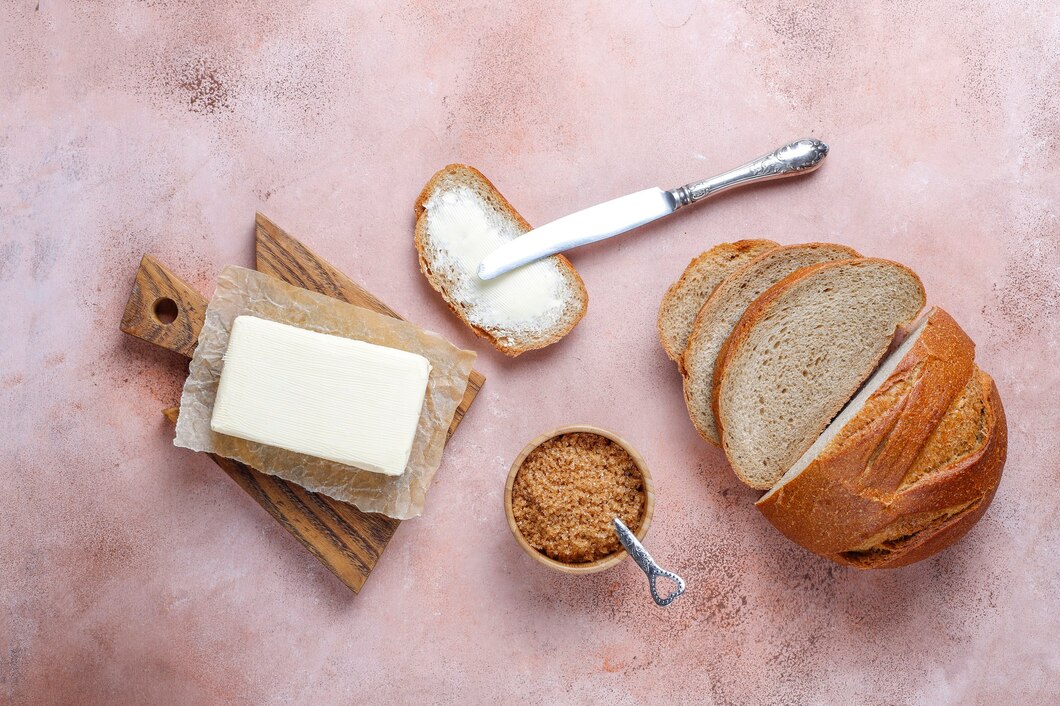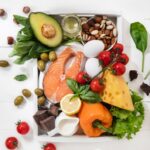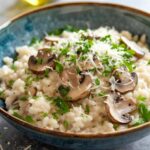Chronic inflammation can contribute to a range of health problems, from joint pain to heart disease, diabetes, and autoimmune disorders. While some inflammation is the body’s natural defense mechanism, certain foods can exacerbate it, leading to long-term health issues. To reduce the risk of inflammation-related diseases, South Africans should be mindful of their diet. Here are 20 foods to avoid if you’re looking to reduce inflammation:
1. Sugary Beverages
Drinks like sodas and sweetened fruit juices are packed with refined sugars, which spike insulin levels and trigger inflammation. High sugar consumption is linked to inflammatory conditions such as diabetes and obesity.
2. White Bread
Made from refined flour, white bread lacks fiber and nutrients, leading to spikes in blood sugar that can increase inflammatory markers in the body.
3. Margarine
Margarine contains trans fats, which are highly inflammatory. These unhealthy fats can increase bad cholesterol (LDL) and promote systemic inflammation.
4. Processed Meats
Sausages, polony, and bacon are filled with preservatives, sodium, and unhealthy fats that can worsen inflammation and increase the risk of heart disease and cancer.
5. Deep-Fried Foods
Fried foods such as vetkoek, chips, and fried chicken contain high levels of unhealthy fats and advanced glycation end products (AGEs), which promote inflammation in the body.
6. Refined Vegetable Oils
Oils like sunflower, canola, and corn oil are high in omega-6 fatty acids, which, when consumed in excess, can disturb the balance with omega-3s, promoting inflammation.
7. Alcohol
Excessive alcohol consumption can lead to increased gut permeability and promote inflammation, particularly in the liver, which can lead to long-term damage.
8. Processed Snacks
Chips, crackers, and store-bought pastries often contain trans fats, excessive salt, and refined ingredients, all of which contribute to inflammation and poor health.
9. Sugar-Rich Desserts
Cakes, cookies, and pastries are loaded with sugar and refined flour, both of which spike blood sugar and encourage inflammation. The combination of sugar and unhealthy fats in these desserts is particularly harmful.
10. Full-Fat Dairy
While some dairy products can be beneficial, full-fat versions of milk, cheese, and butter can contain high levels of saturated fats, which may increase inflammation in certain individuals, especially those who are lactose intolerant.
11. Artificial Sweeteners
Commonly found in diet sodas and sugar-free foods, artificial sweeteners can disrupt the gut microbiome, leading to inflammation and digestive issues.
12. Processed Cheese
Processed cheese is packed with preservatives, sodium, and unhealthy fats, making it an inflammatory food that can contribute to digestive and cardiovascular issues.
13. Instant Noodles
These popular quick meals are loaded with sodium, artificial preservatives, and unhealthy fats that can lead to inflammation and high blood pressure over time.
14. Packaged Fruit Juices
While they may seem healthy, packaged fruit juices are often filled with added sugars and lack fiber, which can spike blood sugar and promote inflammation.
15. Candy
Candies are full of refined sugars, artificial colors, and additives, all of which contribute to chronic inflammation. Regular consumption can lead to obesity, heart disease, and metabolic syndrome.
16. Fast Food
From burgers to fried chicken, fast food is high in trans fats, sodium, and processed ingredients, all of which are known to promote inflammation and increase the risk of chronic diseases.
17. Canned Soups
Canned soups may contain high amounts of sodium and preservatives, which can trigger inflammation in people sensitive to high salt intake and lead to water retention.
18. Ice Cream
Ice cream is high in sugar and saturated fats, both of which contribute to systemic inflammation. Frequent consumption can increase the risk of developing insulin resistance and obesity.
19. High-Sodium Foods
Foods like salted chips, canned vegetables, and processed meats are extremely high in sodium, which can lead to inflammation, high blood pressure, and water retention.
20. Breakfast Cereals with Added Sugars
Many breakfast cereals marketed as healthy options are packed with added sugars, leading to spikes in blood sugar levels and promoting inflammation.
Reducing inflammation starts with the foods you eat every day. By avoiding or limiting these inflammation-triggering foods and focusing on a diet rich in fruits, vegetables, whole grains, and healthy fats, you can protect your body from chronic diseases and promote overall well-being. A diet low in sugar, refined carbohydrates, unhealthy fats, and excessive sodium is essential for keeping inflammation at bay.








